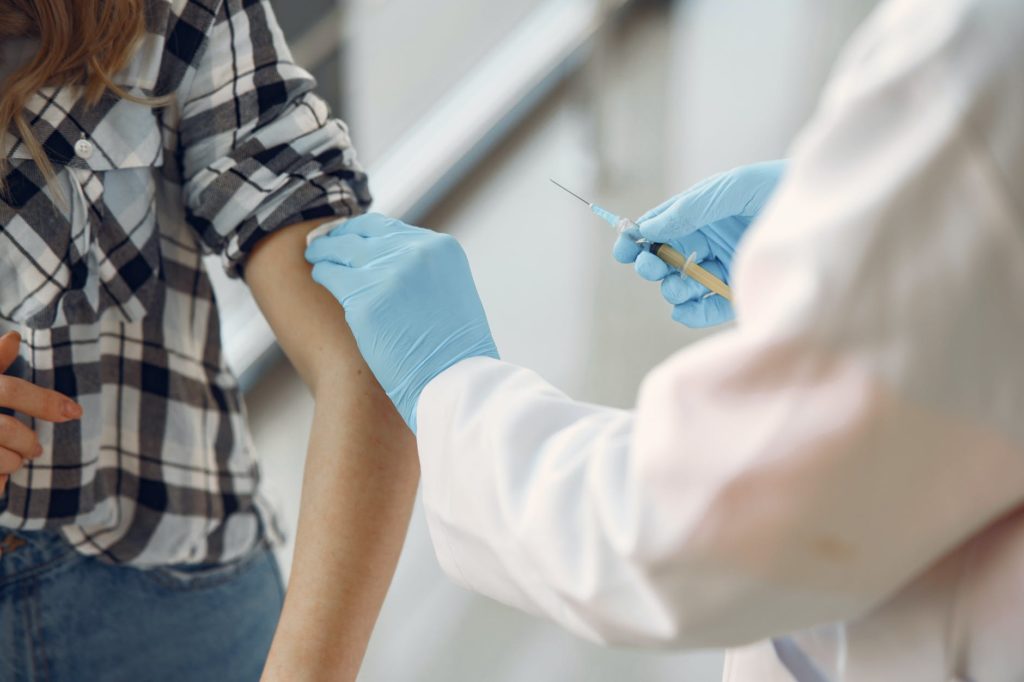Information center / Coronavirus / General health / Prevention / Science
Needle fears can cause COVID-19 vaccine hesitancy, but these strategies work

(Meghan McMurtry/ The Conversation) –– Think of the last time you were really afraid — and I mean terrified: Cold sweats, trembling, pounding heart. Now think about what it would be like to have that reaction if you saw a needle or even heard people talking about COVID-19 vaccines.
For about 1 in 10 people, this is their reality, and it matters for COVID-19 vaccine campaigns. First, when we are highly anxious about something, we tend to avoid or delay it.
Second, experiencing high fear and a stress response can lead to escape behaviour (like leaving or acting aggressively), enduring the procedure under immense distress and experiencing symptoms of immunization stress-related responses, such as feeling dizzy or fainting. Third, needle fears can, in turn, be increased by experiencing or hearing about an immunization stress-related responses from others. (…)
[button href=”https://theconversation.com/needle-fears-can-cause-covid-19-vaccine-hesitancy-but-these-strategies-can-manage-pain-and-fear-165009″ arrow=”true” new_tab=”true”]read full story[/button]:
Categories
